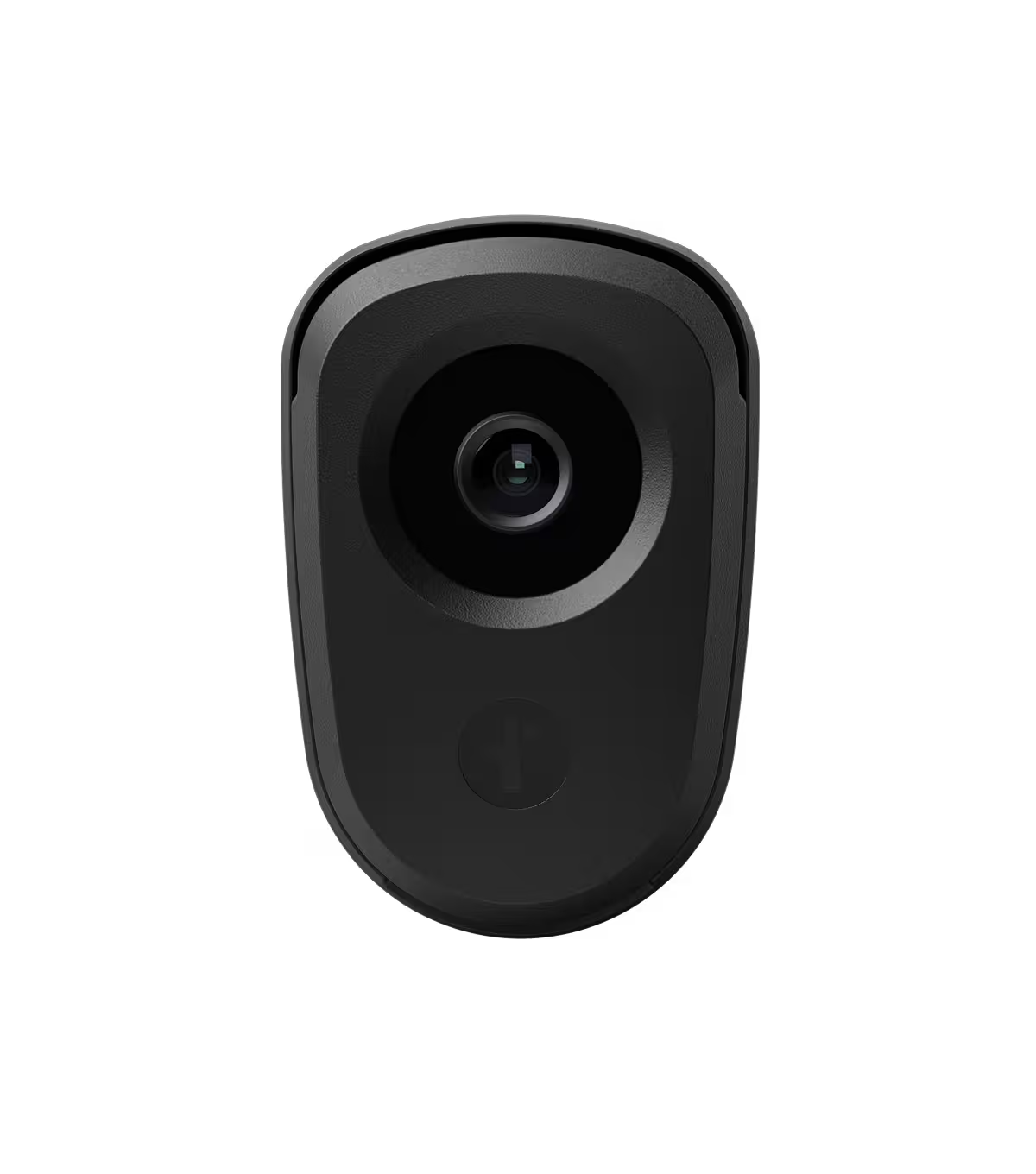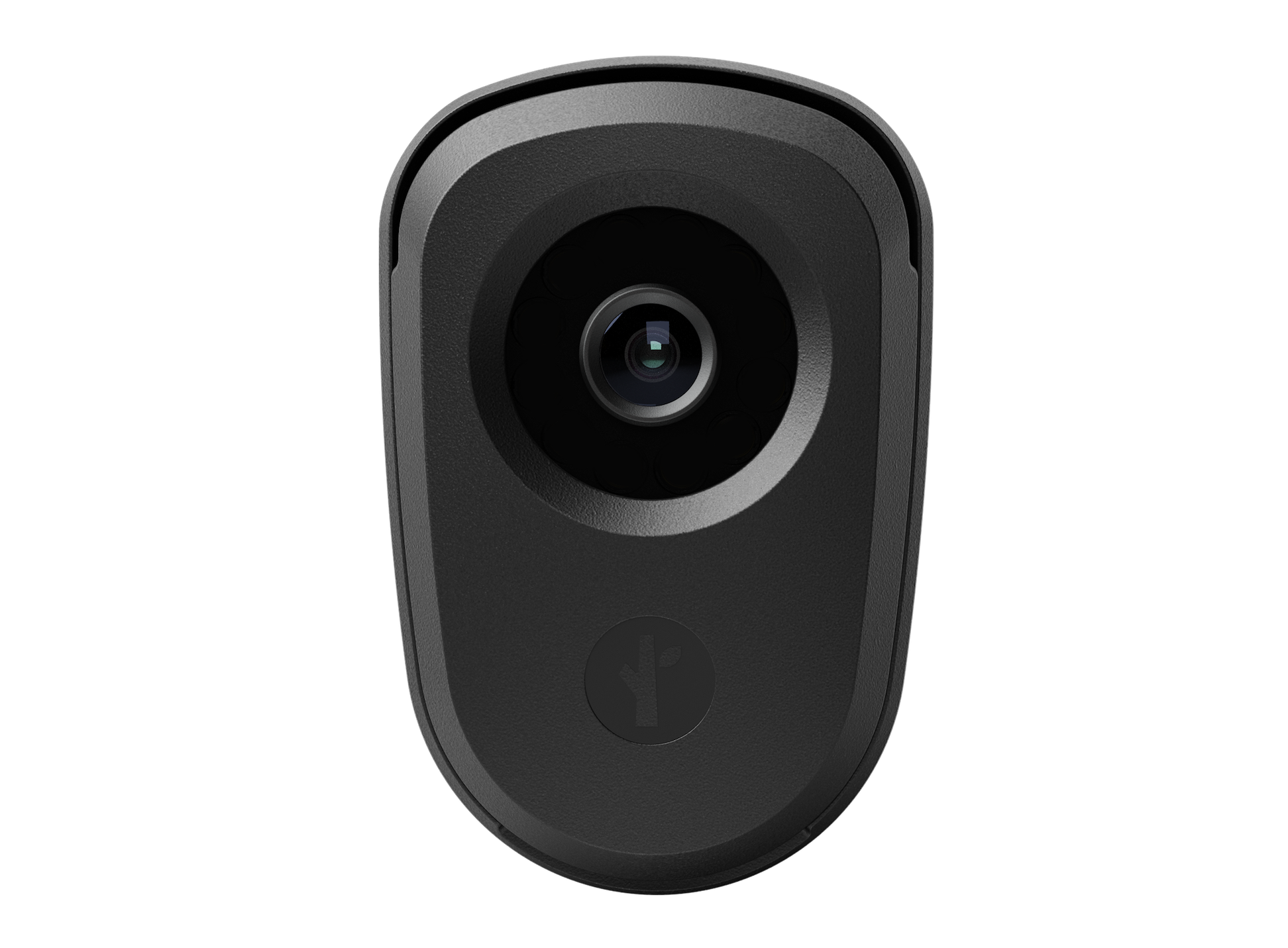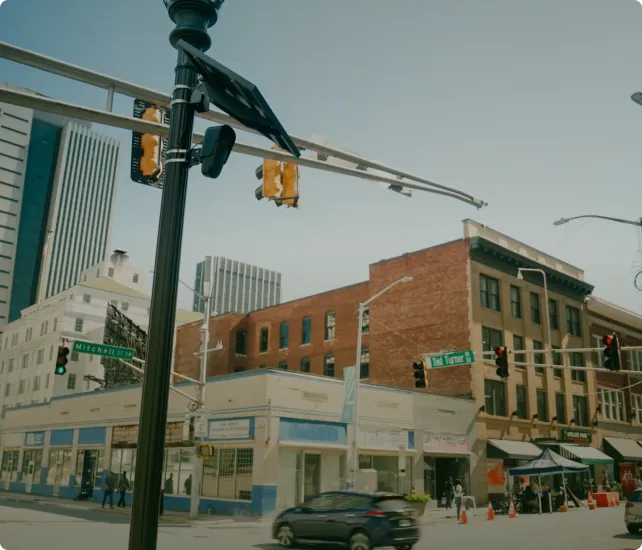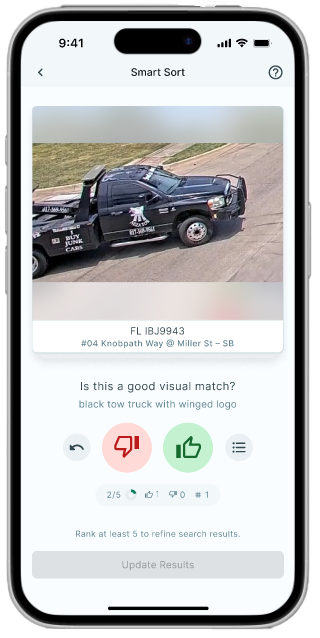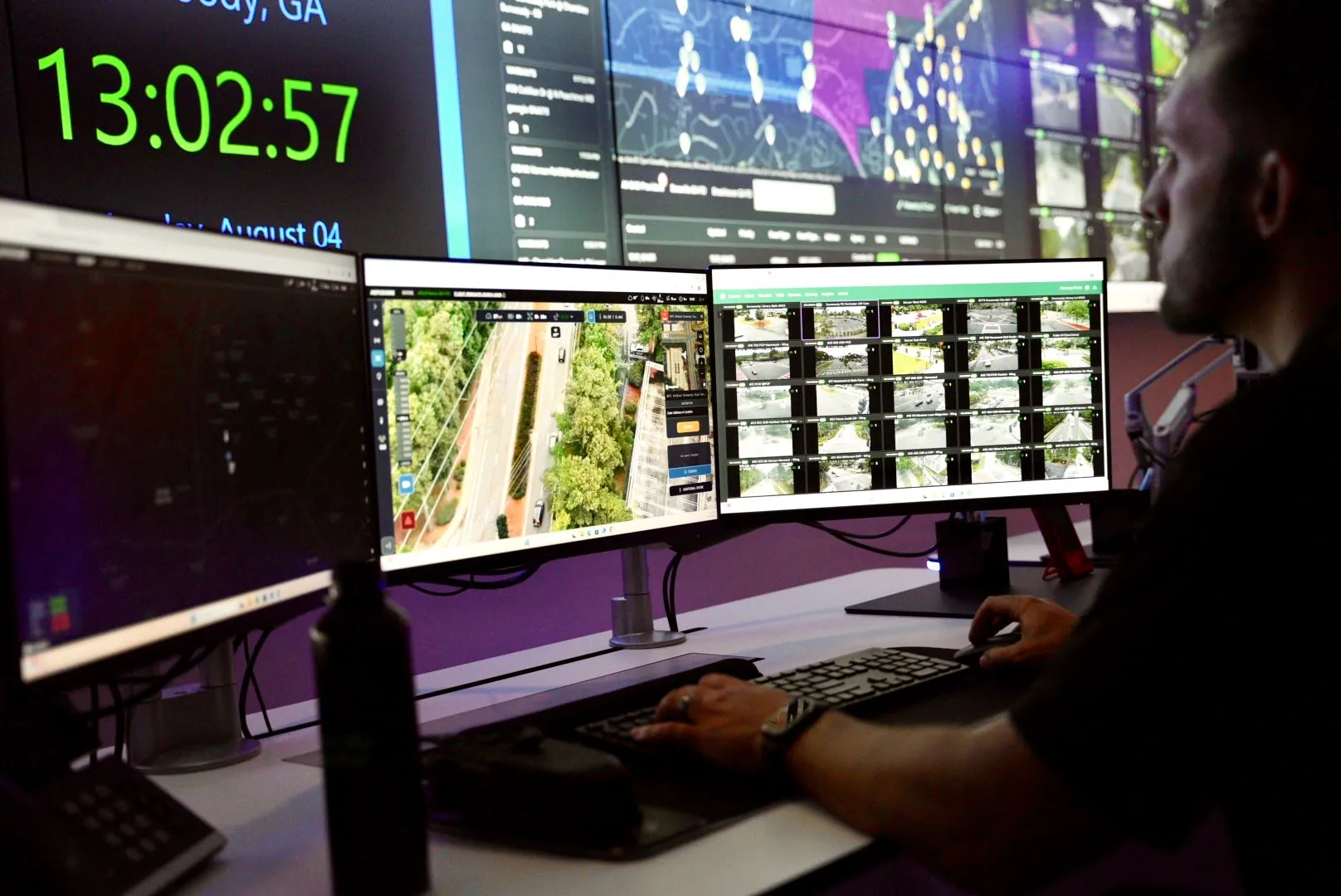


On any typical morning, at any typical police agency around the country, the top detective sits down at his desk, is handed a new case, and is ready for several hours of a grind.
In the current state of play, that means running multiple searches in Flock, pulling data from CAD and RMS systems, comparing spreadsheets, and chasing down potential matches one by one. If she’s lucky, something will break before the day ends. If not, the work stretches on for days —sometimes weeks — before a lead emerges.
In over half of all investigations, that break never even comes. No resolution, no justice.
This is the reality for many investigators today: endless data, siloed systems, and the constant pressure to move faster with fewer resources.
Now imagine a different morning.
Instead of starting from zero, that detective walks in with a file already on her desk: vehicles linked, related cases flagged, and next investigative steps suggested. While she was sleeping, an AI-powered investigative assistant was working. It ran the searches, collated the data, and prepared the leads.
That’s the future we revealed this week at Flock Forward, our annual glimpse into the most cutting-edge products we’re working on at Flock.
A future where AI doesn’t replace people — it amplifies them, giving every officer the power to work like the most experienced investigator on the team. And it’s exactly the vision we’re bringing to life with the launch of Flock Intelligence.
The Principles Flock Intelligence Is Built Upon
When we first began to think about Flock Intelligence, I was determined to align with the way we think about all products: tools to make policing faster, more efficient, and safer — to give additional superpowers to the women and men that show up to do this work every single day. To be very clear, there is no world where we don’t need exceptional people in the public safety field. This is a very human job.
But after talking to hundreds of officers, all with unique challenges, I am convinced of a few key principles upon which we are building our AI for policing toolset.
1. AI won’t take jobs — it will give anyone the ability to do any job
I first experimented with AI-generated art a few years ago. With the use of a sophisticated tool, I could produce an image simply by describing it.
That doesn’t make me a professional artist — but it does mean I can participate in a skill I never had before.
The same is true in public safety. AI tools won’t replace investigators or analysts; they’ll put powerful investigative capabilities in the hands of any officer, regardless of experience level.
Take our new tool, Smart Sort. Previously, finding the right license plate image from a FreeForm search meant scrolling through thousands of photos. With Smart Sort, an officer in the field can “thumbs up” or “thumbs down” the first dozen images on a mobile device, instantly narrowing results from 10,000 to just a few hundred, without any specialized analyst training. In one test case, we went from thousands of potential vehicles down to 169 relevant matches in minutes.
2. AI for policing doesn’t stand for ‘Artificial’, but ‘Amplified’
Technology alone can’t solve a case. AI only becomes useful in public safety when guided by human instinct and expertise. Just like AI art still requires the human’s creativity to describe what to produce, Flock Intelligence requires the officer’s knowledge of what matters and what doesn’t.
For Smart Sort, that might mean honing in on tiny, case-specific clues, like a cracked taillight, a logo, or mismatched rims. The AI doesn’t magically “know” which details matter; it must be pointed in the right direction.
With another new tool, Night Shift, an investigator already has documented that each night, suspects cross the Bay Bridge between San Francisco and Oakland to transport stolen goods. Once the officer describes that observation, Night Shift can crunch the data, identify matching vehicle activity, run additional searches, and hand back a ready-to-review lead list before the next shift begins.
3. AI works in the “middle-to-middle” — not end-to-end
Like most projects, an investigation broadly has three stages:
- The beginning: a lead or case landing on the detective’s desk
- The middle: gathering, organizing, and analyzing data
- The end: applying judgment, making decisions, and engaging with people
AI shortens that the middle stage — typically the most time-intensive, but rote, work that doesn’t require as much human judgment. That’s where it can save hours, even days, without removing the human decision-making that’s critical to public safety.
Night Shift is the perfect example. Officers can queue up work, like finding related cases to an open investigation or processing a BOLO with partial plate data, and let the AI handle the repetitive, technical steps: searching multiple databases, matching across jurisdictions, and suggesting next investigative moves.
Baldwin County Sheriff’s Office in Georgia used the AI tools in Flock Nova to connect one gas station theft to five cold cases. The AI took over the tedious middle layer of work, pattern matching, leaving detectives to confirm leads, take action, and clear the case.
The future we’re building
Flock Intelligence isn’t just about new features — it’s about a new way of working. We know that the future of policing isn’t robots replacing people — and we don’t think that anyone who claims as such has a realistic view of public safety. What we want to build is technology that empowers people to be better at what they already do best.
As William Gibson said, “The future is already here—it’s just not very evenly distributed.” Our job is to make sure that future reaches every community that needs it.
You can now sign up to be apart of Flock Intelligence Early Access. If your agency is ready to see what amplified intelligence can do, we’d love to have you join us.





Protect What Matters Most.
Discover how communities across the country are using Flock to reduce crime and build safer neighborhoods.

.webp)
